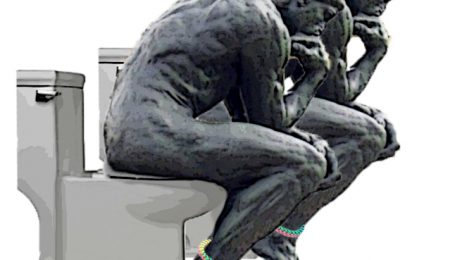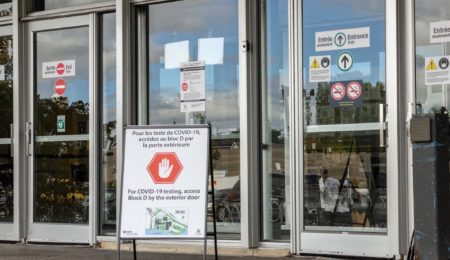Why we need to teach politics to kids
Eric Wilkinson | Fulcrum Contributor
LAST WEEK, A friend and I were at the House of Commons and decided to browse the gift shop. Inside, something caught my eye. There were a number of videos in various formats about the House of Commons and the Senate. As I looked at one VHS in particular, I began thinking back to the documentaries we watched in class at my old high school, and then a thought struck me: We don’t teach politics enough.
Although the specifics differ from school to school and teacher to teacher, on the whole, politics is not something a student will see much of in secondary school. Students may get glimpses of politics in history or geography classes, but for the most part, there is no class devoted entirely to politics. An individual could easily leave high school without any notion of how their country’s political system operates—despite having to take other courses that may be useless to them depending on their post-secondary plans.
The province of Ontario introduced mandatory civics classes for students in grade 10 in part to address this problem; however, in practice, the classes are problematic. Firstly, in Ontario, civics is only half a class—the full credit is divvied between civics and a course called careers. Secondly, civics is often allotted to teachers who are new or who need to teach an additional course to reach their quota, so their hearts aren’t] often in it. This means that the actual curriculum in a civics course can vary wildly between teachers—some may educate their students about branches of government and political parties, while others might show mind-numbing documentaries and assign useless projects to pass the time.
There does exist secondary school curricula for two politics courses, one for grade 11 and one for grade 12, as well as a few history courses styled “Canadian History and Politics.” The aforementioned courses are purely elective, of course, and usually subject to the interest of the teachers. My own high school, like many throughout rural Canada, was small and underfunded. When a school can barely manage to run mandatory courses due to low funds and low enrolment, elective courses in politics are a pipe dream.
The question becomes, is politics important enough to make a mandatory course? The answer is yes. In our age of political apathy, it is apparent that many youth still believe in such things as social justice and equality, or at the very least, lower tuition. But instead of seeing politics as a means to effect change in society, many people simply see it as boring—it’s that page you skip in the newspaper, that channel you flip through on TV on the way to something more entertaining.
People don’t care about politics because they don’t know why they should. A course that could teach youth how the government works and how it can be made to work for them would be invaluable.
Canadians often struggle to envision a distinct national identity, which is unfortunate given that the pieces to the puzzle of one are right in front of us. Last year, while working on a community project with a winner of the TD Canada Trust Scholarship, I wrote the name “Pearson” on a blackboard, and he asked me who that was.
For being a relatively young nation, Canada has a unique and rich political past, complete with notable historical landmarks such as the Confederation, the Battle of Vimy Ridge, the Winnipeg General Strike, and the partition of the charter. Canada’s past and present in politics and the way the two work together are topics worth learning and certainly worth teaching to future generations—after all, they are the Canadians who are going to be making the future.




